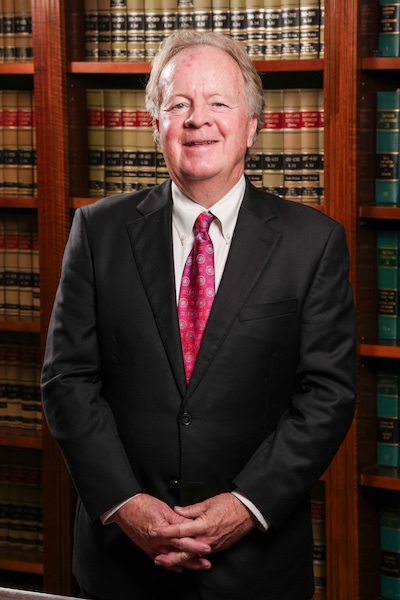With the ever increasing quantity of university and college level Title lX and student misconduct cases, Clark and Steinhorn, LLC note with alarm that what is good for the proverbial goose is not good for the gander. Students are expected to follow university promulgated rules but the schools themselves often fail to do so.
There are a host of different ways that this occurs. Many procedural protections for accused students are ignored and prejudices abound. University investigators often are insensitive to their own predispositions and do not appreciate that their training may well be pre-biased toward gender based discrimination.
For example, one routinely sees cases of intoxicated women and men, engaging in sexual relations, resulting in a presumption that the man has " taken advantage" of his female partner. Undoubtedly this is sometimes true but not invariably and therein lies the rub.
Student misconduct cases and Title lX cases represent accusations made by one student against another and they have substantial consequences. Sanctions can include expulsion from school and permanent notations to one's academic record. This can represent literally tens or hundreds of thousands of dollars in real world losses.
Thus, such cases should necessitate all the protections contemplated by both the United States and state constitutions in addition to any protections embodied in the school's code of conduct. That this is routinely not the case is the norm and only recently have courts recognized the patent unfairness of the extant systems.
Schools often hustle the " Respondents" ( substitute accused) through one-sided investigations into quickie hearings where the accused is not permitted to have a lawyer and where they have literally no opportunity to confront the witnesses against them as guaranteed by the Sixth Amendment to the United States Constitution.
Presumptions that Respondents plagiarized or cheated occur so regularly that they are exceedingly difficult to contest and the "conviction rate" of the student composed boards are astronomically high.
While the obvious solution would contemplate the universities and colleges strictly adhering to their procedures and also recognizing the possibility of institutional biases, our experience is that this rarely occurs and that only either judicial or media scrutiny or both, will yield results that will be respected by all parties.

